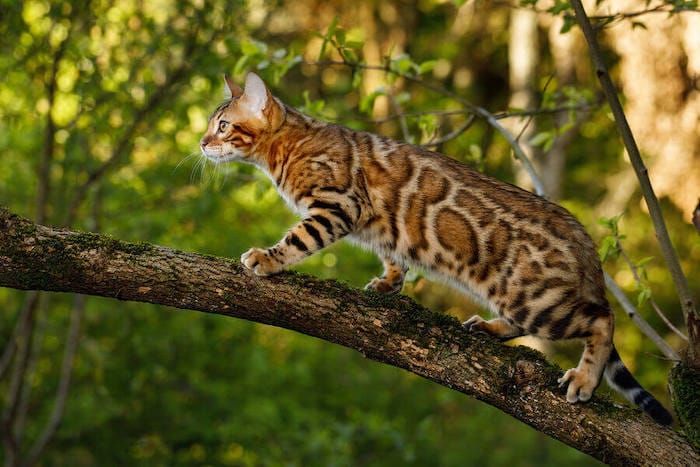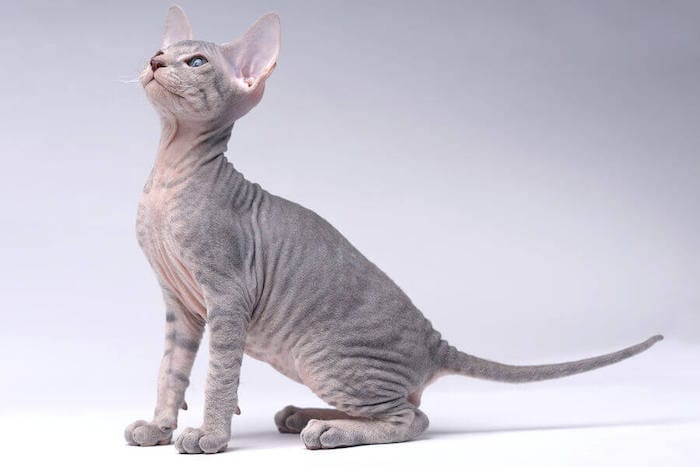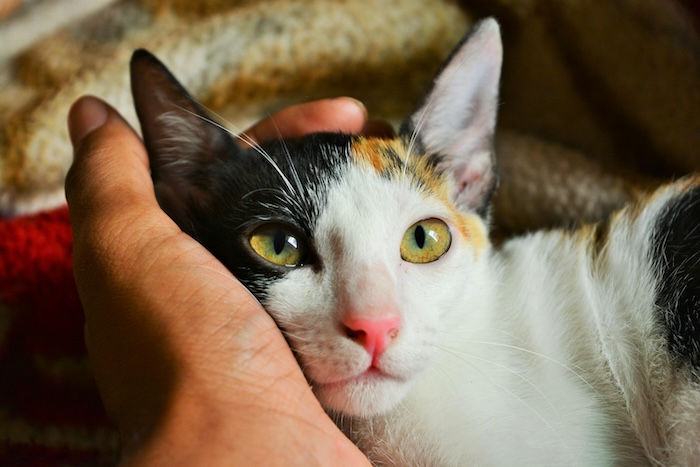Dreaming of a furry friend to cuddle up with? Choosing the right cat breed is more than just picking a pretty face. It’s about finding a perfect match for your lifestyle. Every cat, like every human, has its own unique personality and quirks.
Are you a laid-back homebody seeking a serene companion? Or perhaps you’re an energetic adventurer looking for a playful pal? This article is your roadmap to discovering the ideal feline counterpart.

Let’s begin on a journey to find your perfect purr-sonality!
Assessing Your Lifestyle
Activity Level and Time Commitment
Consider how active you are and how much time you can devote to a pet. Some cats require lots of interaction, while others are content with minimal attention.
Living Environment (Apartment vs. House)
Your living situation matters. Some breeds adapt well to smaller spaces, while others need more room to roam.
Presence of Children or Other Pets
If you have kids or other pets, choose a breed known for being sociable and gentle.
Allergies and Health Considerations
Some cats are hypoallergenic, making them suitable for people with allergies. So, before selecting a breed, consider any health issues you or your family might have.

Cat Breed Categories
Family-Friendly Breeds
Family-friendly breeds are typically affectionate, patient, and sociable. They get along well with children and other pets. For example, Ragdolls are known for their calm and gentle nature. They enjoy being around people and are great with children.
Luckily, you can now get them for breeders and even book them online. RustsRagdolls is one such breeding place that specializes in these cats. They use pure breeds from around the world to create the best family-friendly kittens. Ragdolls are raised in a nurturing environment for a few months before being ready for adoption. You can reserve your Ragdoll by visiting their website, where you can choose to have your kitten delivered or pick it up yourself.
Low-Maintenance Breeds
They are independent and require minimal grooming. They are perfect for busy individuals or those who prefer less demanding pets. Some of the examples include:
- British Shorthair: These cats are easygoing and require minimal grooming. They are friendly but not overly demanding.
- Russian Blue: Known for their short, dense coat, Russian Blues are low-shedding and require little grooming. They are quiet and reserved, making them great for calm households.
- Scottish Fold: With their unique folded ears, Scottish Folds are charming and low-maintenance. They enjoy human company but are not overly clingy.
High-Energy Breeds
High-energy breeds are active and playful. They need plenty of stimulation and exercise, making them suitable for active households. A few of the trending breeds include:
- Bengal: Bengals are energetic and love to play. They have a wild appearance and need lots of mental and physical stimulation.
- Abyssinian: These cats are curious and playful. They enjoy climbing and exploring, requiring an engaging environment.
- Siamese: Siamese cats are vocal, active, and affectionate. They thrive on interaction and can be quite demanding.
Hypoallergenic Breeds
While no cat is entirely allergen-free, some breeds produce fewer allergy-inducing proteins, offering relief to many allergy sufferers. These cats typically have less dander or unique coat types that minimize allergen spread. Remember, individual reactions to allergens vary, so spending quality time with a potential pet is crucial before adopting.
Sphynx cats are a popular choice among those with allergies due to their lack of fur. Often mistaken for alien creatures, these hairless cats are surprisingly affectionate and intelligent. Their unique appearance might not be for everyone, but for allergy sufferers seeking a cuddly companion, the Sphynx could be the perfect match. While they don’t produce allergens through fur, it’s essential to note that they can still produce allergens through their skin and saliva.

Considerations Beyond the Breed
While breed characteristics can provide valuable insights, it’s essential to look beyond the surface when choosing a feline companion.
A. Buying from a Breeder
If you decide to purchase a kitten from a breeder, thorough research is paramount. A reputable breeder will openly share the kitten’s parentage and provide comprehensive health records, including vaccinations and genetic testing results. These documents offer transparency and peace of mind about the kitten’s health and lineage.
B. Health and Genetic Concerns
Every breed has its predispositions to certain health issues. Before committing to a particular breed, investigate potential genetic concerns associated with it. This proactive approach empowers you to make informed decisions about care and preventive measures. Consulting with a veterinarian can provide valuable guidance on breed-specific health considerations.
Final Words
Choosing the perfect feline companion is a journey, not a race. By carefully considering your lifestyle, living situation, and desired cat personality, you can find a furry friend who effortlessly complements your life. Remember, while breed characteristics can offer guidance, individual personalities vary. Spend quality time with potential pets to ensure a harmonious bond.
